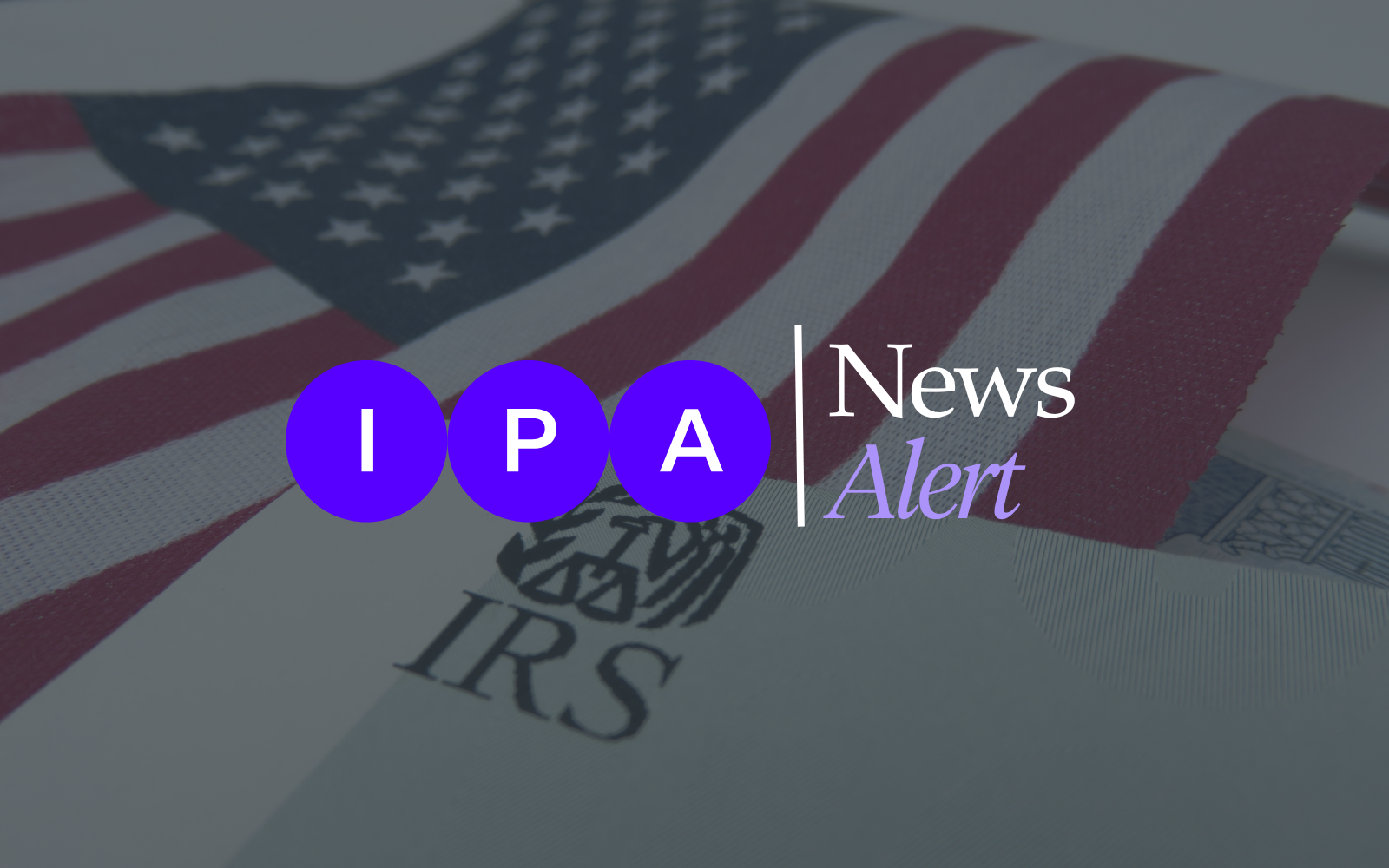Tax-Writing Activity in Congress

The House and Senate will be back in session for less than three weeks beginning September 9, before adjourning until after the election—a schedule that has two important consequences.
First, only must-pass legislation is likely to be addressed, which means it’s highly unlikely there will be votes on industry-relevant legislation before the recess.
Second, while most elected officials are away campaigning, staff who develop tax legislation will be busy continuing to draft legislation that could—depending on the election outcome—largely replicate or eliminate the Tax Cuts and Jobs Act (TCJA), which expires at the end of 2025.
Many staffers who will be leading this effort were not working in Congress when TCJA was enacted a decade ago. Further, and regardless of which party prevails, tax writers will be looking for revenue offsets (aka “pay-fors”) to balance any proposed tax cuts, meaning that education will be crucial.
This is an important and valuable moment for our association and the broader industry to gather data and anecdotes on important IPA issues, including the investor and community value of Opportunity Zones (OZs). Policymakers are listening: In late July, the Senate Finance Committee (SFC) held a hearing titled “Tax Tools for Local Economic Development,” and separately Republicans on the SFC organized a Tax Reform Stakeholder Meeting for Insurance and Financial Services, which IPA attended. If you have an OZ fund and have not done so already, please fill out this survey.
Further, 1031 Exchanges have been targeted in the White House Budget every year since 2020, which will influence further efforts to lower the threshold for additional taxation. And, notably, the Democratic Platform includes strongly negative rhetoric, calling their tax treatment a “loophole that allows wealthy real estate investors to avoid paying taxes on real estate profits, as long as they keep investing in real estate,” describing them as “a tax break that Trump protected for himself and other corporate landlords in his 2017 tax scam,” and adding “no other industry has that kind of sweetheart deal; it ends now.”
While the current effort has been Democratically led, as staff on both sides of the aisle will be writing tax legislation that balances cuts and increases, bipartisan education is needed now.
Whether you are or are not already in dialogue with your member of Congress on either of these issues, please reach out and we will assist with message development and coordination.
Looking ahead to after the election, Congress will be passing spending legislation that may contain various amendments addressing other issues. The current expiration for federal funding is set for September 30th, with an expectation that Congress will ultimately reach consensus on legislation that funds federal agencies through year-end. A second spending measure will have to be considered in the November/December Lame Duck session which may or may not, depending on the outcome of the elections, include policy amendments unrelated to federal funding. We will be in close communication with our Congressional contacts to anticipate, advocate for, and respond to any that are industry-relevant.
Finally, it’s important to keep in mind that IPA is putting together its 2025 priority list for policymakers. We welcome your input now, as we shape the agenda for one-on-one meetings as well as IPA Hill Day 2025.



.png)
.png)
.png)



.png)
.png)
.png)
.png)
.png)
.png)
.png)
.png)
.png)
.png)
.png)
.png)
.png)
.png)
.png)
.png)
.png)
.png)
.png)
.png)
.png)
.png)


.png)
.png)
.png)
.png)
.png)
.png)
.png)
.png)
.png)
.png)

.png)
.png)
.png)
.png)
.png)
.png)
.png)
.png)
.png)


.png)
.png)
.png)
.png)
.avif)
.avif)
.avif)
.avif)
.avif)
.avif)
.avif)
.avif)
.avif)
.avif)









.avif)





.avif)
.avif)









